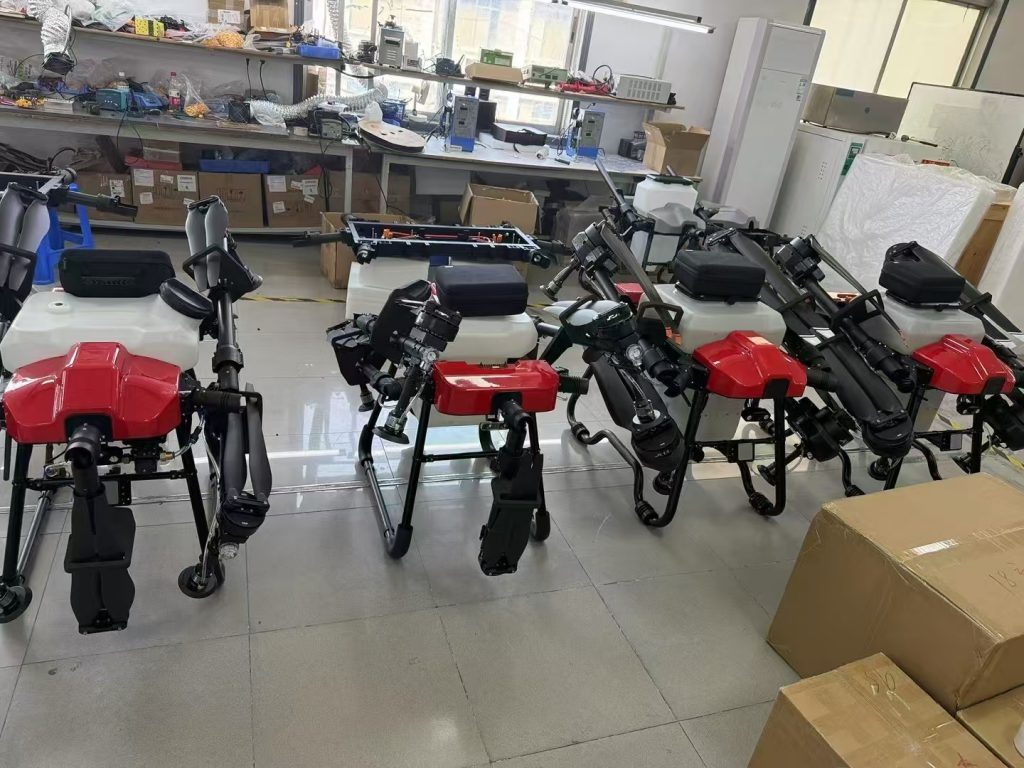
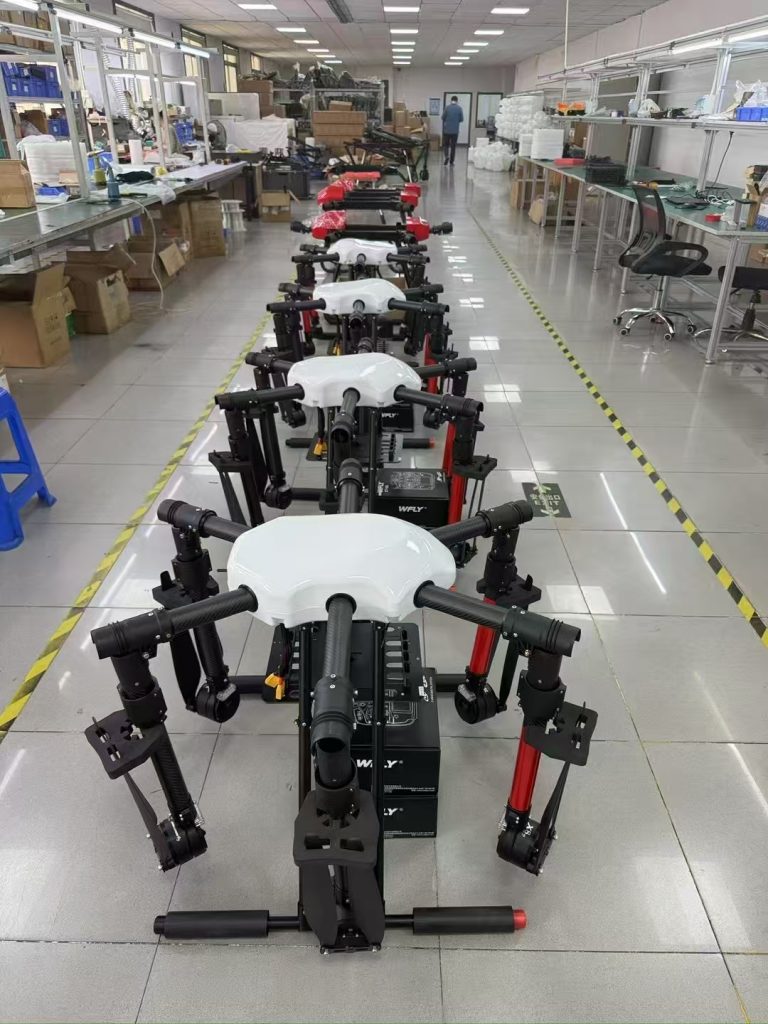
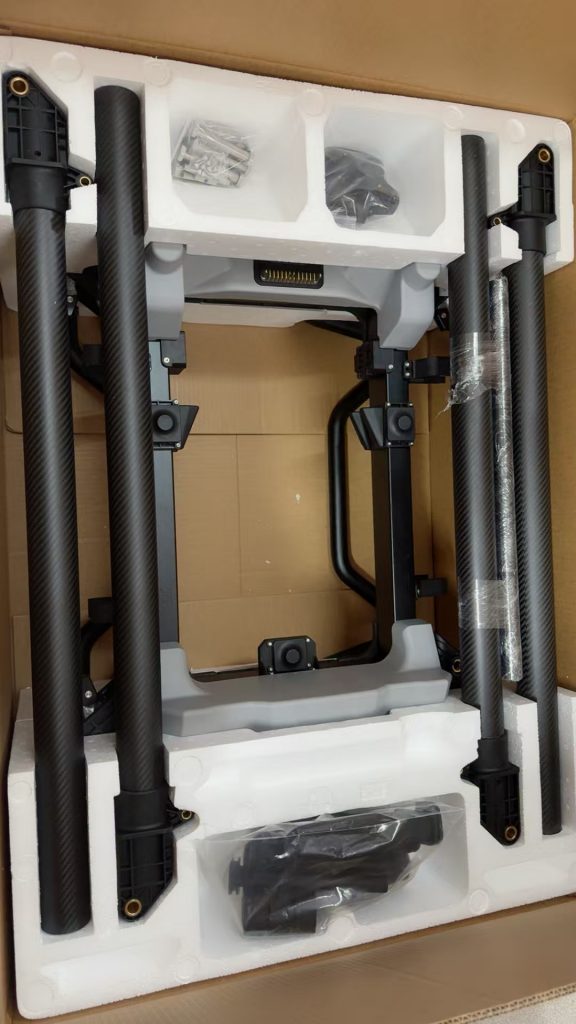
In the rapidly evolving field of smart agriculture, selecting the right drone manufacturer is critical to ensuring efficiency, sustainability, and long-term success. As farms grow more complex and technology-driven, the right partner must combine innovation, reliability, and tailored solutions. This guide outlines the key factors to evaluate when choosing an agricultural drone factory, helping you make an informed decision for your farming needs.
Why Choosing the Right Manufacturer Matters
Agricultural drones are not just tools—they are investments in productivity, cost savings, and environmental stewardship. The factory you choose determines:
- Technology Quality: Advanced sensors, AI-driven software, and durable hardware.
- Customization: Ability to adapt drones to unique crops, terrains, and farm sizes.
- Support: Training, maintenance, and software updates to maximize ROI.
- Sustainability: Eco-friendly designs that align with eco-conscious farming goals.
Key Factors to Evaluate When Choosing a Manufacturer
- Technical Expertise & Innovation
A leading manufacturer should invest in R&D to stay ahead of industry trends. Look for:
- AI-Powered Analytics: Drones that process real-time data for crop health monitoring, yield prediction, or irrigation planning.
- Advanced Sensors: Multispectral, thermal, or hyperspectral imaging for precision agriculture.
- Automation Features: Automated spraying systems, variable-rate seeding, and obstacle avoidance.
Ask: Does the factory collaborate with agricultural research institutions or publish case studies on innovation?
- Customization & Flexibility
Every farm is unique. The ideal manufacturer offers:
- Modular Designs: Drones that can be tailored for specific tasks (e.g., spraying, mapping, seeding).
- Scalable Payloads: Compatibility with third-party tools like LiDAR, seed dispensers, or soil sensors.
- Field-Specific Solutions: Drones optimized for crops like rice, orchards, or vineyards.
Example: A vineyard may require drones with narrow spray patterns, while a large wheat field needs long-range endurance.
- Quality Assurance & Certifications
Reliability is non-negotiable. Verify:
- International Standards: Compliance with certifications like CE, FCC, or ISO 9001.
- Rigorous Testing: Drones tested for flight stability, weather resistance (IP67-rated), and payload durability.
- Warranty Coverage: At least 2–3 years of coverage for hardware and software.
Red Flag: Factories that skip third-party testing or lack transparency about failure rates.
- Cost-Effectiveness & Scalability
Balance upfront costs with long-term value:
- Bulk Pricing: Discounts for large orders without compromising quality.
- Total Cost of Ownership: Lower fuel, labor, and chemical expenses over time.
- Production Capacity: Can the factory scale to meet seasonal demands or expand as your farm grows?
Tip: Request a quote for customized solutions and compare total lifecycle costs.
- After-Sales Support & Training
Your partnership doesn’t end at delivery. Prioritize manufacturers that offer:
- 24/7 Technical Support: Remote troubleshooting and on-site assistance.
- Training Programs: Workshops to optimize drone operations and data analysis.
- Software Updates: Regular upgrades to enhance functionality and compatibility.
Check: Do they provide user-friendly interfaces or cloud-based platforms for data management?
Top Applications to Match with Your Manufacturer’s Expertise
- Crop Spraying: Drones that reduce chemical use by 50% while covering large fields.
- Soil & Crop Analysis: 3D mapping tools for precision planting and irrigation.
- Seed Planting: Direct-seed drones for reforestation or hard-to-reach areas.
- Livestock Monitoring: Thermal drones to track health and prevent losses.
Future-Proofing: Trends to Discuss with Manufacturers
- Autonomous Swarms: Fleets of drones working together for large-scale tasks.
- 5G Connectivity: Real-time data transmission for instant decision-making.
- Blockchain Integration: Secure tracking of sustainable farming practices.
A forward-thinking manufacturer will already invest in these technologies.
How to Avoid Common Pitfalls
- Avoid Generic Drones: Off-the-shelf models may lack customization for niche crops.
- Beware of Hidden Costs: Inquire about maintenance, training, and software licenses.
- Test Before Buying: Request a demo to evaluate flight performance and spray accuracy.
Why Partner with a Leading Agricultural Drone Factory?
Top manufacturers deliver:
✅ Higher Yields: AI-driven insights to optimize every acre.
✅ Cost Savings: Up to 30% lower operational expenses.
✅ Sustainability: Reduced carbon footprints through efficient resource use.
Conclusion
Choosing the right agricultural drone manufacturer is a strategic decision that impacts your farm’s efficiency and future growth. By prioritizing technical innovation, customization, quality certifications, and robust support, you can partner with a factory that turns drones into a cornerstone of smart farming.
Contact Us Today to discuss your needs. Let’s build a tailored solution that drives productivity, sustainability, and profitability for your farm.

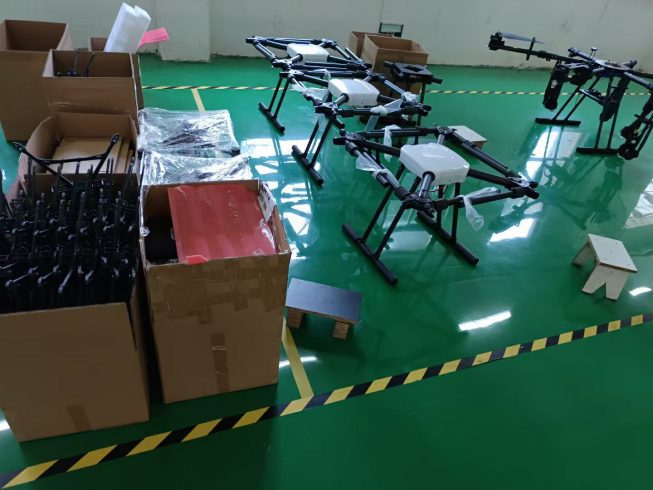
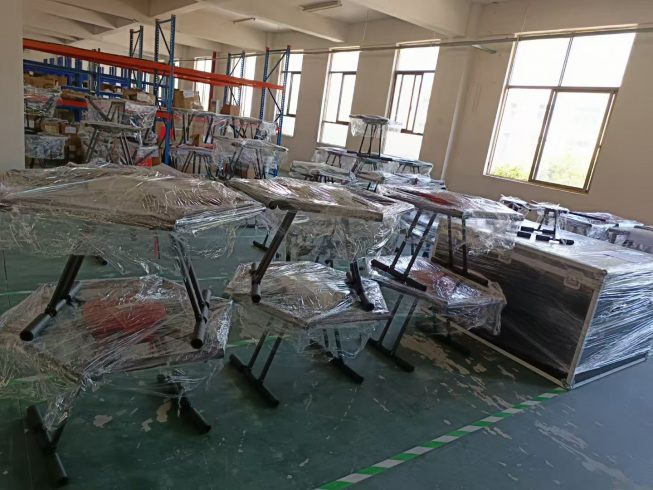
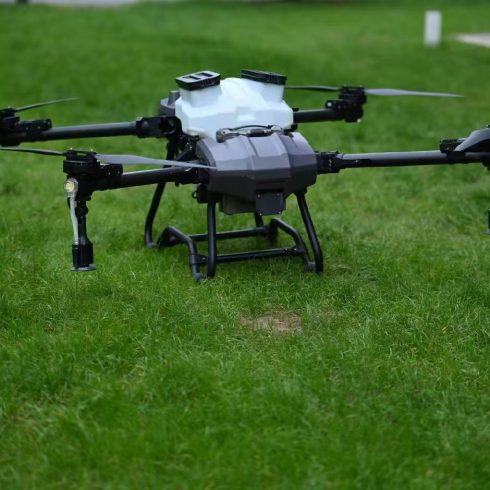
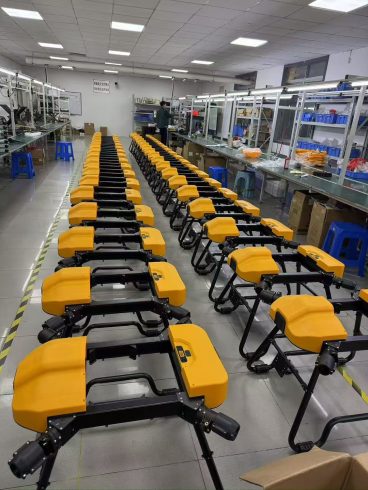
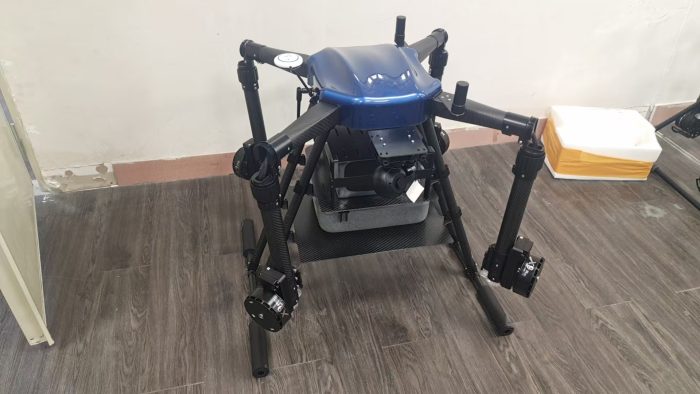
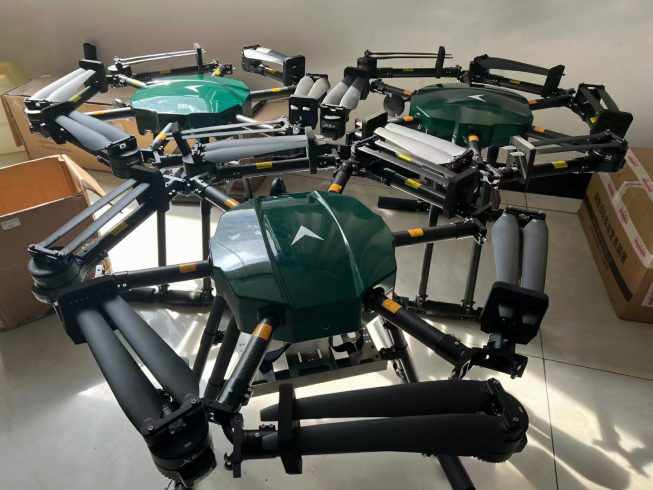
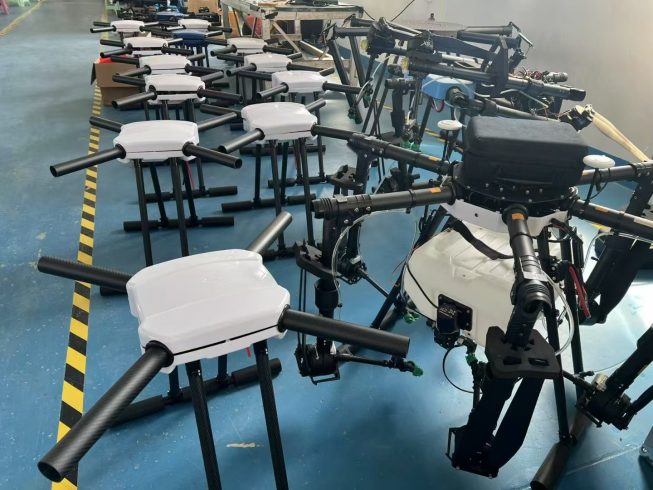
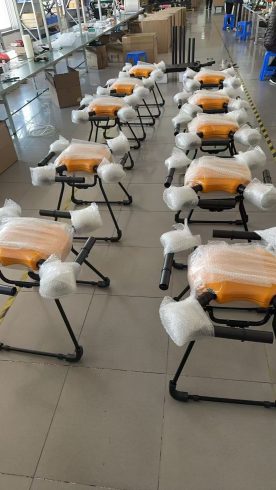
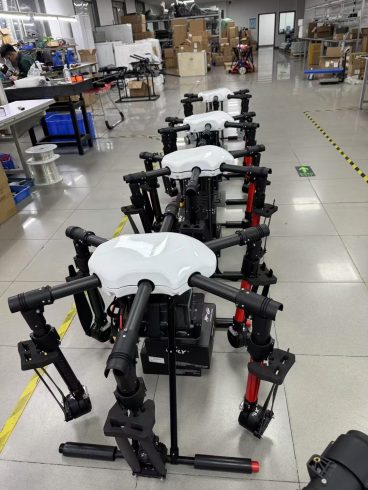
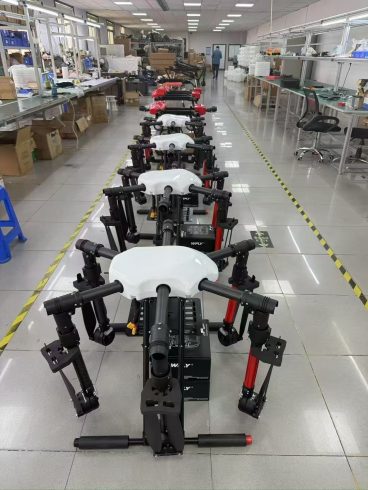

暂无评论内容